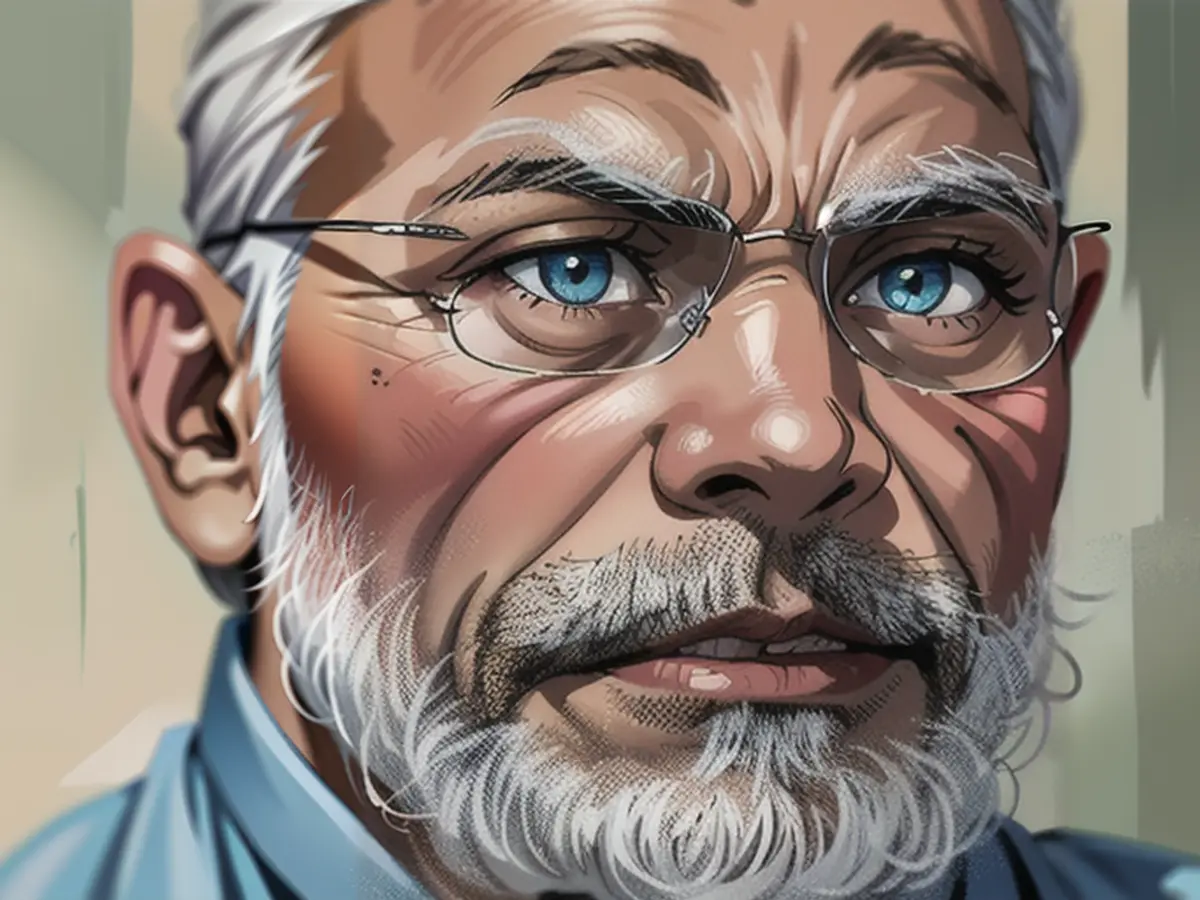Partial vote tally in India's parliamentary election has put Modi's party ahead.
Recently in India, after their parliamentary elections, Prime Minister Narendra Modi's party received 39.3 percent of the votes. According to the election commission, the Hindu nationalist Bharatiya Janata Party (BJP) along with their fellow coalition members won at least 281 parliamentary seats. This exceeds the 272 seats needed for a majority in parliament.
The largest democratic voting event in the world concluded in India on Saturday after six weeks. A whopping 968 million people were called to vote. According to the official reports, around 642 million eligible voters cast their votes. The voting outcomes are determined by special counting computers.
A win by Modi had been predicted in advance. At 73 years old, he still maintains a strong presence in Indian society after a decade in power. His opposition has been weakened by internal conflicts and politically motivated lawsuits. Modi's political rivals and international human rights groups have expressed concerns over India's recent decline in democracy for a long time.
Read also:
The partial count of votes in the parliamentary election has given Modi's party, the BJP, the largest share, surpassing the necessary 272 seats for a majority. Worldwide observers are closely monitoring the guidance given during the election modes to ensure the continuity of democracy in India. Despite facing opposition criticism and concerns about democracy's decline, Modi's party continues to lead in the parliamentary election results, aiming to secure another term in power. The ongoing partial count could cement Modi's party as India's largest political party in the world's largest democracy election.








